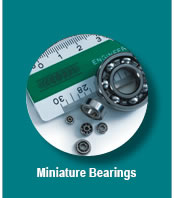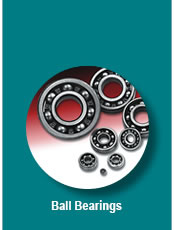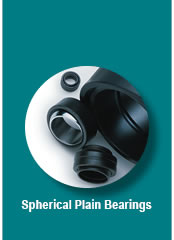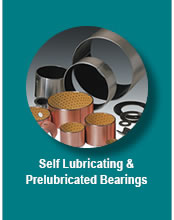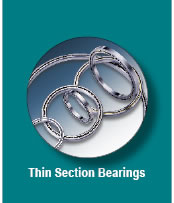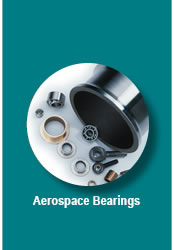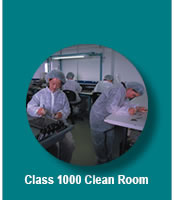This issue of the National
Precision newsletter brings you both a bit of history and a cautionary
tale. We are working hard to both serve all your bearing needs and
appreciate the warmer days of summer.
Dental Evolution
Have you ever visited the dentist's office hoping
that you don't hear the dreaded words "root canal" or something to
that effect? Like millions of Americans, you probably have had some
kind of dental work done involving a dental hand-piece better known as
a drill. Just the shrill sound of the drill makes a lot of people
squeamish. We have it easy, however, compared to what our ancestors
had to go through in the past.
The earliest evidence of dental drills being used
comes from the Indus Valley Civilization back in 7000 BCE. These early
dentists used a bow drill. A copper needle would be intertwined in
the bowstring and the bow would be manually moved back and forth in a
sawing motion to drill in to the tooth.
The first mechanical drills were made in 1864 and would
spin at 15 rpm. In 1868, an American dentist, George Green, invented a
pneumatic dental drill powered with pedal operated bellows.By 1875,
electrical dental drills were developed and in 1914, these electrical
drills could reach up to speeds of 3000 rpm.
Modern dentists use air turbine drills driven by
compressed air. These drills can reach speeds of over 500,000 rpm. Most
modern drills commonly work at the 400,000 rpm range for "high speed"
applications while the others operate at 40,000 rpm for "slow speed"
applications.
In the future, dental drills are being developed that
use quick short laser pulses. These lasers drills can drill extremely
small holes very quickly resulting in very little heat being absorbed
by the sensitive areas of the tooth. Another alternative method being
developed uses air abrasion, which operates similar to a mini sand
blaster. So the next time you go to the dentist, be thankful of how
good we've got it.
National Precision Bearing carries an extensive
inventory of dental hand-piece replacement bearings manufactured in the
USA by NHBB. Ask us about our new line of ceramic bearings for
high-speed dental hand-pieces!
John Meneses, Miniature Product
Manager
Have You Qualified Bearing
Sources?
When sourcing products from China or
other low cost countries there can be many issues and quality concerns
to consider. More than a few stories have circulated recently on a
variety of products such as toys, toothpaste, and milk that were
sub-standard and potentially harmful to humans. There is also a high
profile story related to sub-standard workmanship by a Chinese bearing
factory.
On May 30, 2008, two men died when the welds on a
large turntable (slewing ring) bearing failed causing the crane
assembly to fall some 20 stories to the pavement below. The main
bearing was repaired in China for substantially less cost than could
be offered in the USA. Federal investigators later tied the accident
to improperly welded repairs made a year earlier by the Chinese
company. For on overview of the failure visit: http://www.nytimes.com/interactive/2008/05/30/nyregion/20080530_CRANE_GRAPHIC.html#
There are many very reputable and
trusted Chinese bearing companies. However, there is reason to use
caution when dealing with Chinese bearing products and the many new
factories and sources showing up every day. Stories of counterfeit and
sub-standard products continue to surface on a regular basis.
At NPB we strive to supply the
appropriate product for each application. Our extensive experience
with Chinese bearing products dating back to the 1980s gives us a
unique perspective to help determine value and reliability of existing
and new sources. Visit www.nationalprecision.com
for a copy of our ISO/AS Certification. If you have questions about a
product you have or want to import, please contact your NPB Technical
Sales Specialist.
Bruce Dumas, Aircraft Product Manager
We hope you have enjoyed these
articles and cracked a smile or two in appreciation for the improvements
in modern dental science. We take quality very seriously and require
the best of our suppliers. Please contact us with your concerns and
questions.
|


